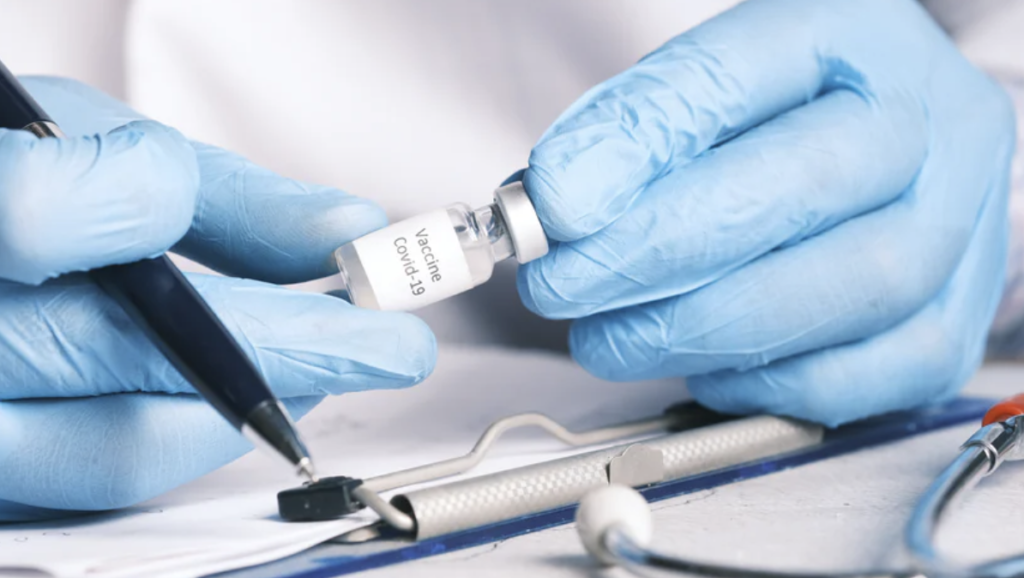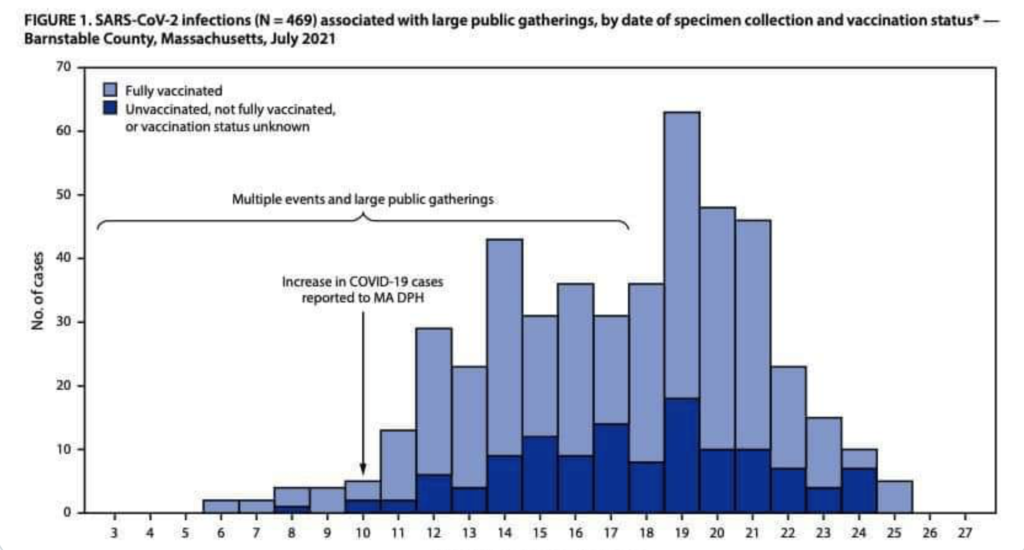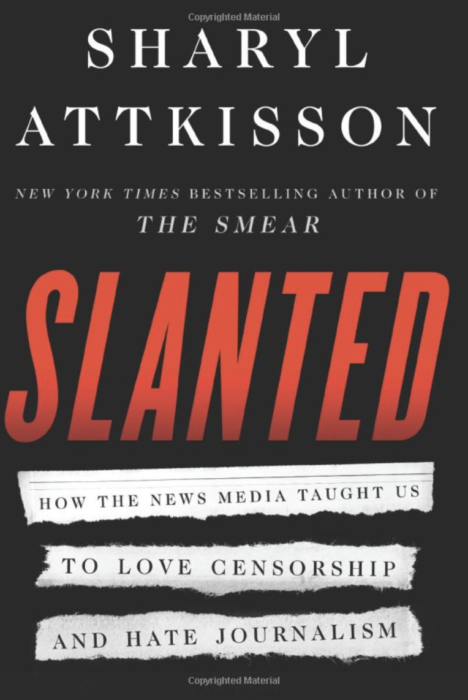
Updated Aug. 6 with CDC analysis of Kentucky (unvaccinated Kentuckians had “2.34 times the odds of reinfection“ compared with fully vaccinated) and national analysis in Israel (vaccinated Israelis were 6.72 times more likely to get infected after the shot than after natural infection). More below.
Sen. Lindsey Graham (R-S.C.) became one of the latest high-profile figures to get sick with Covid-19, even though he’s fully vaccinated. In a statement Monday, Graham said it feels like he has “the flu,” but is “certain” he would be worse if he hadn’t been vaccinated.
While it’s impossible to know whether that’s the case, public health officials are grappling with the reality of an increasing number of fully-vaccinated Americans coming down with Covid-19 infections, getting hospitalized, and even dying of Covid. The Centers for Disease Control (CDC) insists vaccination is still the best course for every eligible American. But many are asking if they have better immunity after they’re infected with the virus and recover, than if they’re vaccinated.
Increasingly, the answer within the data appears to be ”yes.”
Why does CDC seem to be “ignoring” natural immunity?
In fact, some medical experts have said they’re confounded by public health officials’ failure to factor natural and virus-acquired immunity into the Covid equation. Public and media narratives often press the necessity of “vaccination for all,” chiding states where vaccination rates are lowest. And they use vaccination rates and Covid case counts as inverse indicators of how safe it is in a particular state: high vaccination rate = high safety; high case counts = low safety (they claim).
Read: Covid-19 natural immunity vs. vaccine-induced immunity
However, vaccination rates alone tell little about a population’s true immune-status. And where high Covid case counts occur, it ultimately means a larger segment of that community ends up better-protected, vaccines aside. That’s according to virologists who point out that fighting off Covid, even without developing any symptoms, leaves people with what’s thought to be more robust and longer-lasting immunity than the vaccines confer.
The vaccine immunity problem
Hard data counters widespread public misinformation that claimed “virtually all” patients hospitalized and dying of Covid-19 are unvaccinated. Pfizer and Moderna had claimed their vaccines were “100% effective” at preventing serious illness. Many in the media even popularized a propaganda phrase designed to push more people to get vaccinated: “pandemic of the unvaccinated.”
Not so, says CDC and other data.
Recent CDC data found that 74% of those who tested positive for Covid-19 in a Massachusetts analysis had been fully-vaccinated. Equally as troubling for those advocating vaccination-for-all: four out of five people hospitalized with Covid were fully-vaccinated. And CDC said “viral load” — indicating how able the human host is to spread Covid-19 — is about the same among the vaccinated and unvaccinated. Contrary to the infamous misinformation by CDC Director Rochelle Walensky last May, vaccinated people can— and are— spreading Covid. (CDC officials later corrected Walensky’s false claim.)
Below: CDC’s data with light blue showing fully vaccinated. Dark blue is unvaccinated (but may include some fully vaccinated.)

(READ) Covid-19 Vaccine Analysis: the most common adverse events reported so far
CDC’s newest findings on so-called “breakthrough” infections in vaccinated people are mirrored by other data releases.
Illinois health officials recently announced more than 160 fully-vaccinated people have died of Covid-19, and at least 644 been hospitalized; ten deaths and 51 hospitalizations counted in the prior week. Israel’s Health Ministry recently said effectiveness of the Pfizer-BioNTech vaccine has fallen to 40 percent. Last month, 100 vaccinated British sailors isolated on a ship at sea reportedly came down with Covid seven weeks into their deployment. In July, New Jersey reported 49 fully vaccinated residents had died of Covid; 27 in Louisiana; 80 in Massachusetts. In Iceland there is a spike in cases, mostly among the vaccinated, among a highly-vaccinated population that had previously claimed to have defeated Covid-19. Of 116 cases diagnosed in one day, 73 were among the vaccinated; 43 were unvaccinated.
Nationally, as of July 12, CDC said it was aware of more than 4,400 people who got Covid-19 after being fully vaccinated and had to be hospitalized; and 1,063 fully vaccinated people who died of Covid. But health officials still argue that vaccinated people make up only a small fraction of the seriously ill. Critics counter that CDC’s recent Massachusetts data calls that into question.
Update August 6: CDC has released a small analysis in Kentucky and indicated that it’s proof that vaccines are more effective than natural immunity. Read the analysis here. According to CDC, among the reinfected sample, 20% had been fully vaccinated. Among those who had Covid and were not later reinfected, 66% were unvaccinated. “Kentucky residents who were not vaccinated had 2.34 times the odds of reinfection compared with those who were fully vaccinated.”
Updated August 6: In Israel, more than 7,700 new cases of the virus have been detected during the most recent wave starting in May, but just 72 of the confirmed cases were reported in people who were known to have been infected previously – that is, less than 1% of the new cases. Roughly 40% of new cases – or more than 3,000 patients – involved people who had been infected despite being vaccinated. By contrast, Israelis who were vaccinated were 6.72 times more likely to get infected after the shot than after natural infection, with over 3,000 of the 5,193,499, or 0.0578%, of Israelis who were vaccinated getting infected in the latest wave.
The bright side of recovering from Covid-19
But there’s promising news to be found within natural and acquired immunity statistics, according to virologists. As of May 29, CDC estimated more than 120 million Americans— more than one in three— had already battled Covid. While an estimated six-tenths of one-percent died, the other 99.4% of those infected survived with a presumed immune status that appears to be superior to that which comes with vaccination.
If doctors could routinely test to confirm who has fought off and become immune to Covid-19, it would eliminate the practical need or rationale for those protected millions to get vaccinated. It would also allow them to avoid even the slight risk of serious vaccine side effects.
Unfortunately, virologists say no commonly-used test can detect with certainty whether a person is immune. A common misconception is that antibody tests can make that determination. But experts say immunity after infection or exposure often comes without a person producing or maintaining measurable antibodies.
Because of that reality, people who have had asymptomatic infections — infections where they suffered no symptoms — have no easy way to know that they’re immune. However, a growing body of evidence indicates that the millions who know they got Covid can be assured they’re unlikely to suffer reinfection, for at least as long of a time period that scientists have been able to measure. Possibly far beyond.
The immunity-after-Covid-infection studies
The following are some of the data and studies regarding immunity acquired after Covid infection.
This study followed 254 Covid-19 patients for up to 8 months and concluded they had “durable broad-based immune responses.” In fact, even very mild Covid-19 infection also protected the patients from an earlier version of “SARS” coronavirus that first emerged around 2003, and against Covid-19 variants. “Taken together, these results suggest that broad and effective immunity may persist long-term in recovered COVID-19 patients,” concludes the study scientists.
This study of airline passengers in Qatar found that both vaccination and prior infection were “imperfect” when it comes to preventing positive Covid-19 test results, but that the incidence of reinfection is similarly low in both groups.
Necessity of COVID-19 vaccination in previously infected individuals, June 1, 2021
This study followed 52,238 employees of the Cleveland Clinic Health System in Ohio.
For previously-infected people, the cumulative incidence of re-infection “remained almost zero.” According to the study, “Not one of the 1,359 previously infected subjects who remained unvaccinated had a [Covid-19] infection over the duration of the study” and vaccination did not reduce the risk. “Individuals who have had [Covid-19] infection are unlikely to benefit from COVID-19 vaccination,” concludes the study scientists.
SARS-CoV-2 specific memory B-cells from individuals with diverse disease severities recognize SARS-CoV-2 variants of concern, May 29, 2021
This study found strong immune signs in people who had previously been infected with Covid-19, including “those [who] experienced asymptomatic or mild disease.” The study concludes there is “reason for optimism” regarding the capacity of prior infection “to limit disease severity and transmission of variants of concern as they continue to arise and circulate.”
A population-based analysis of the longevity of SARS-CoV-2 antibody seropositivity in the United States, May 24, 2021
This study of real world data extended the timeframe of available data indicating that patients have strong immune indicators for “almost a year post-natural infection of COVID-19.” The study concludes the immune response after natural infection “may persist for longer than previously thought, thereby providing evidence of sustainability that may influence post-pandemic planning.”
SARS-CoV-2 infection induces long-lived bone marrow plasma cells in humans, May 24, 2021
This study examined bone marrow of previously-infected patients and found that even mild infection with Covid-19 “induces robust antigen-specific, long-lived humoral immune memory in humans.” The study indicates “People who have had mild illness develop antibody-producing cells that can last lifetime.”
People who have had mild illness develop antibody-producing cells that can last lifetime.
World Health Organization (WHO) scientific brief, May 10, 2021
This scientific brief issued by WHO states that after natural infection with Covid-19, “available scientific data suggests that in most people immune responses remain robust and protective against reinfection for at least 6-8 months.”
Detection of SARS-CoV-2-Specific Humoral and Cellular Immunity in COVID-19 Convalescent Individuals, May 3, 2020
This study found humoral and cellular immunity in recovered Covid patients. “Production of S-RBD-specific antibodies were readily detected in recovered patients. Moreover, we observed virus-neutralization activities in these recovered patients,” wrote the study authors.
The adaptive immune system consists of three major lymphocyte types: B cells (antibody producing cells), CD4+ T cells (helper T cells), and CD8+ T cells (cytotoxic, or killer, T cells
Protection of previous SARS-CoV-2 infection is similar to that of BNT162b2 vaccine protection: A three-month nationwide experience from Israel, April 24, 2021
This study from Israel found a slight advantage to natural infection over vaccination when it comes to preventing a reinfection and severe illness from Covid-19.
The study authors concluded, “Our results question the need to vaccinate previously-infected individuals.”
A 1 to 1000 SARS-CoV-2 reinfection proportion in members of a large healthcare provider in Israel: a preliminary report, March 6, 2021
This study found a rare Covid-19 positive test “reinfection” rate of 1 per 1,000 recoveries.
Lasting immunity found after recovery from COVID-19, Jan. 26, 2021
Research funded by the National Institutes of Health and published in Science early in the Covid-19 vaccine effort found the “immune systems of more than 95% of people who recovered from COVID-19 had durable memories of the virus up to eight months after infection,” and hoped the vaccines would produce similar immunity. (However, experts say they do not appear to be doing so.)
SARS-CoV-2 reinfection in a cohort of 43,000 antibody-positive individuals followed for up to 35 weeks, Jan. 15, 2021
This study found Covid-19 natural infection “appears to elicit strong protection against reinfection” for at least seven months. “Reinfection is “rare,” concludes the scientists.
Immunological memory to SARS-CoV-2 assessed for up to eight months after infection, Nov. 1, 2020
This study confirmed and examined “immune memory” in previously-infected Covid-19 patients.
Negligible impact of SARS-CoV-2 variants on CD4+ and CD8+ T cell reactivity in COVID-19 exposed donors and vaccinees, Nov. 1, 2020
This study concluded “T cell” immune response in former Covid-19 patients likely continues to protect amid Covid-19 variants.
Orthogonal SARS-CoV-2 Serological Assays Enable Surveillance of Low-Prevalence Communities and Reveal Durable Humoral Immunity, Oct. 13, 2020
This study found that “neutralizing antibodies are stably produced for at least 5–7 months” after a patient is infected with Covid-19.
SARS-CoV-2-specific T cell immunity in cases of COVID-19 and SARS, and uninfected controls, July 25, 2020
This study found that all patients who recently recovered from Covid-19 produced immunity-strong T cells that recognize multiple parts of Covid-19.
They also looked at blood samples from 23 people who’d survived a 2003 outbreak of a coronavirus: SARS (Cov-1). These people still had lasting memory T cells 17 years after the outbreak. Those memory T cells, acquired in response to SARS-CoV-1, also recognized parts of Covid-19 (SARS-CoV-2).
Much of the study on the immune response to SARS-CoV-2, the novel coronavirus that causes COVID-19, has focused on the production of antibodies. But, in fact, immune cells known as memory T cells also play an important role in the ability of our immune systems to protect us against many viral infections, including—it now appears—COVID-19.
“Immune T Cells May Offer Lasting Protection Against COVID-19”
Read: scientific commentary by Jay Bhattacharya, Sunetra Gupta, and Martin Kulldorff.

<!–
–>